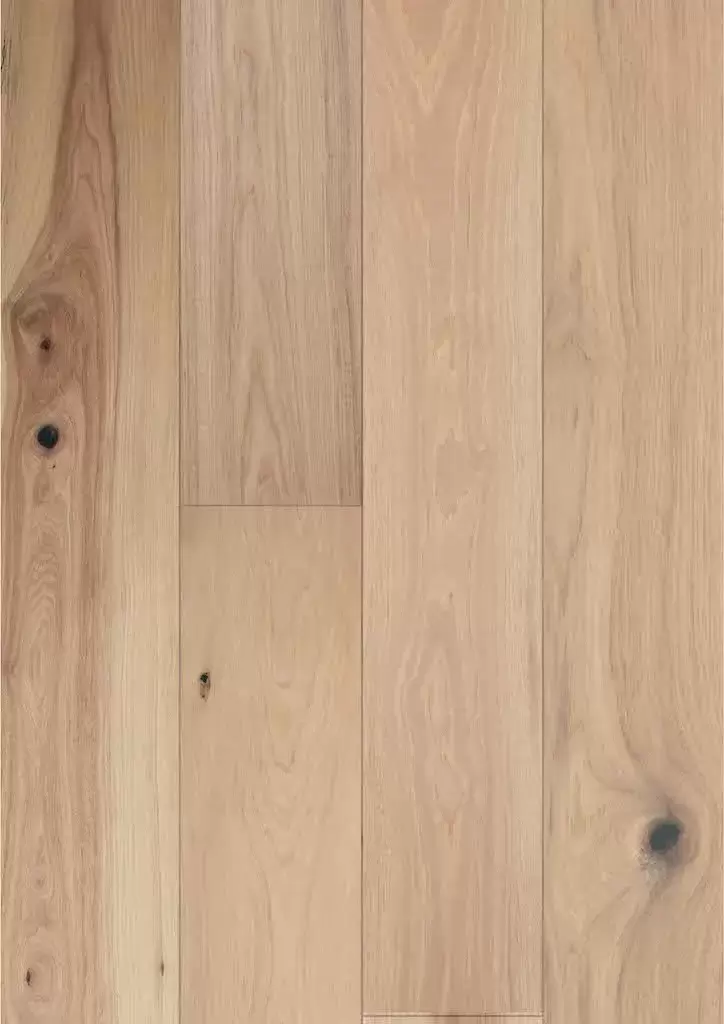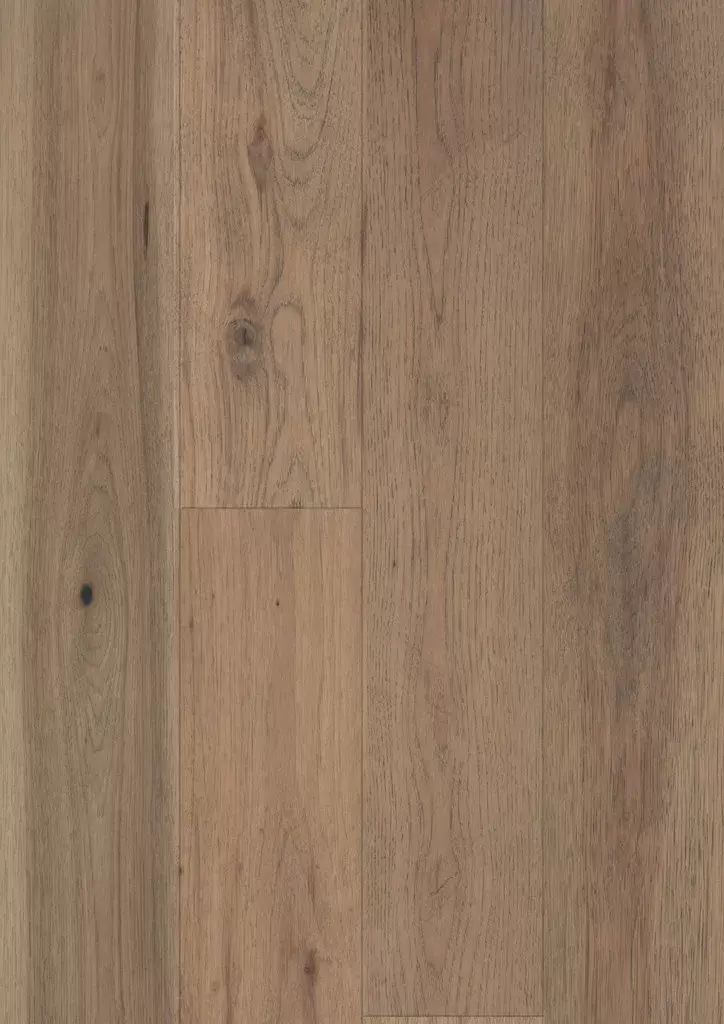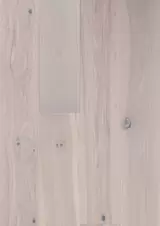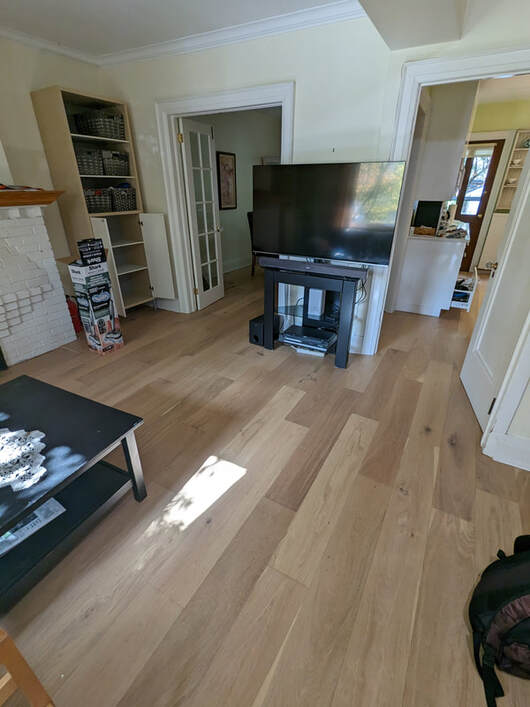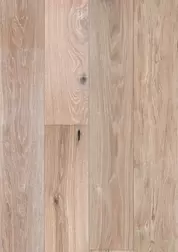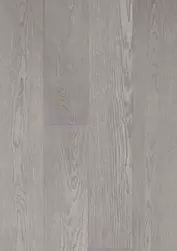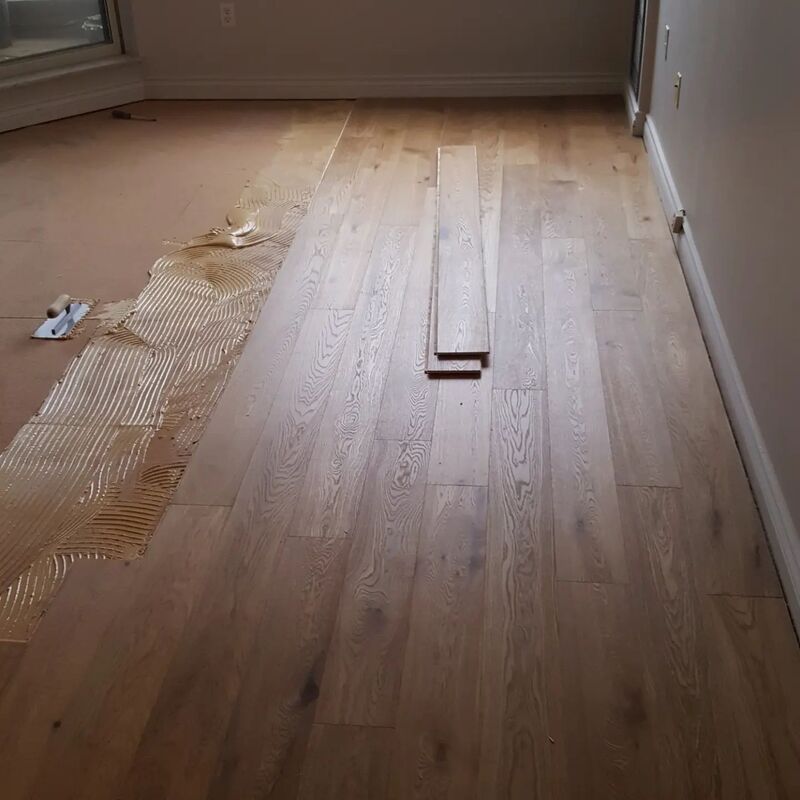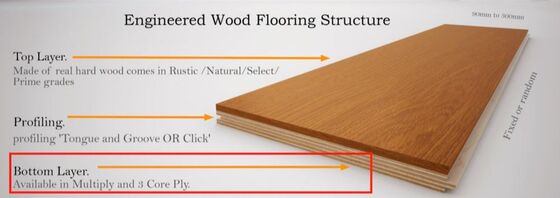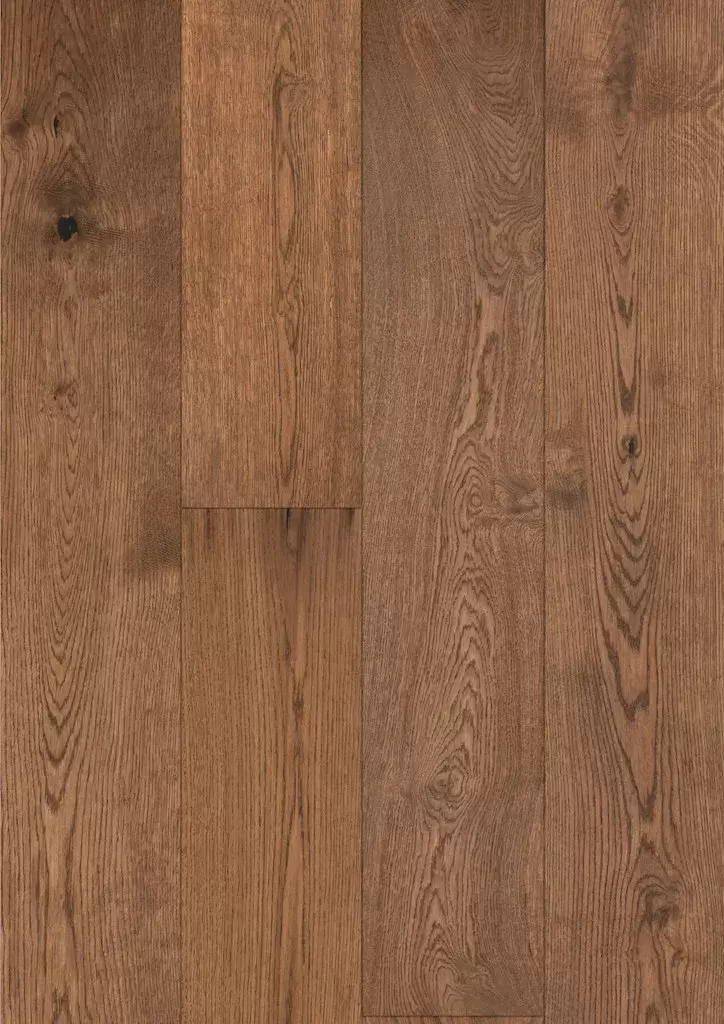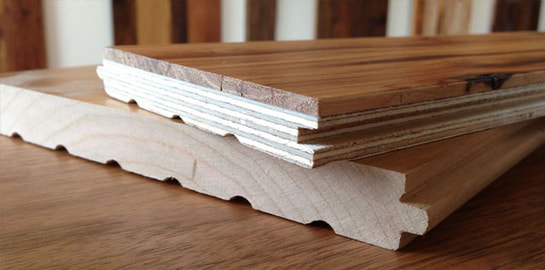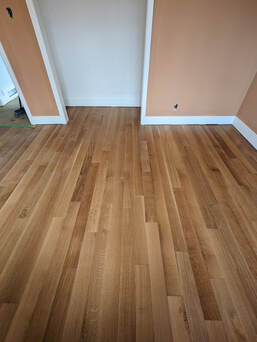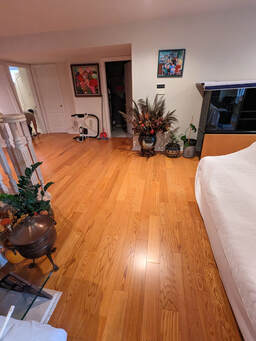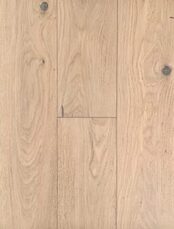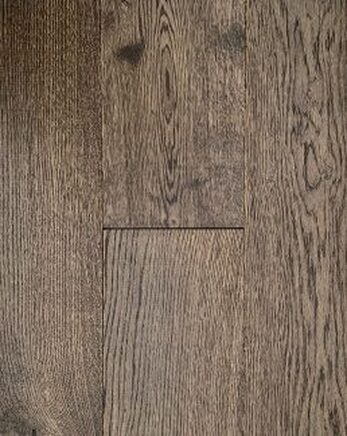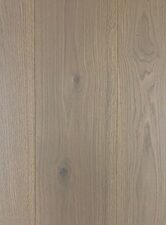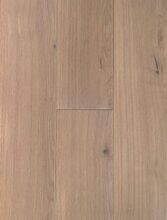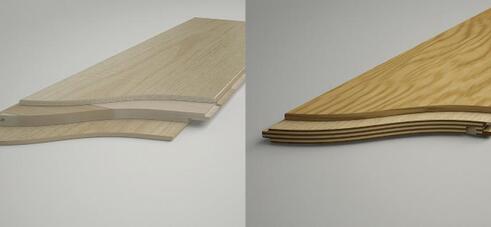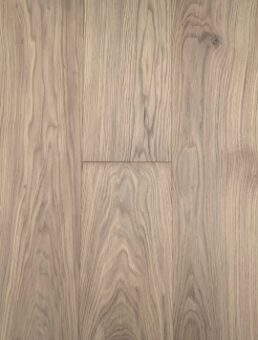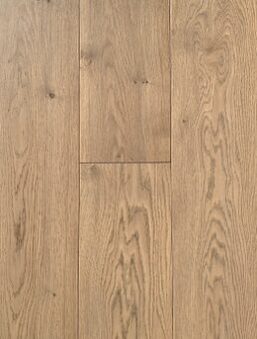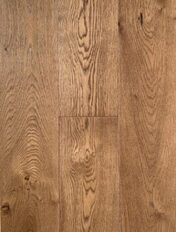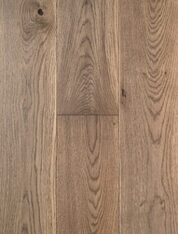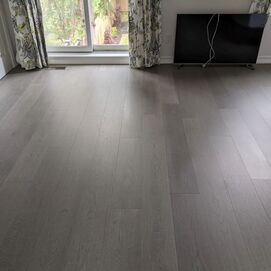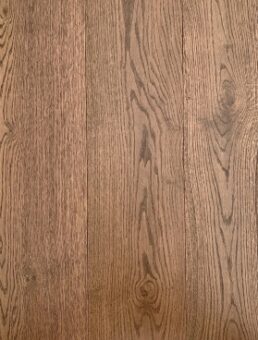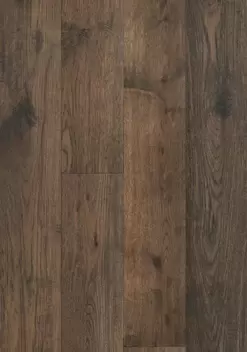Quality Engineered Hardwood Flooring in Toronto
|
|
Explore our high quality engineered hardwood flooring in Toronto. Experience the perfect blend of quality, durability, and aesthetic appeal. A fantastic choice for homeowners who want the classic and timeless appeal of wood but need a flooring solution that stands up to the varied climate conditions of Toronto.
It is designed to provide enhanced stability and durability, making it a great choice for any room in your home. SERVICE AREAS Ajax, Aurora, Brampton, Bradford, Barrie, Burlington Cambridge, Etobicoke, Hamilton, Innisfil, Markham, Maple, Mississauga, Milton, Newmarket, North-York, Oshawa, Oakville, Pickering, Richmond Hill, Scarborough, Toronto, Thornhill, Vaughan, Woodbridge |
Why Choose Engineered Hardwood Flooring in Toronto?
|
When it comes to flooring options in Toronto, engineered hardwood flooring stands out for several reasons. Here's why you should consider it for your home or business:
1. Versatility and Durability: It is designed to provide the beauty of solid hardwood while offering superior durability. Its multi-layered construction makes it resistant to temperature and humidity changes, making it an excellent choice for any room in your home, including basements and kitchens. 2. Wide Range of Styles: It comes in a variety of styles, colours, and finishes. Whether you prefer a classic oak, exotic teak, or trendy grey, you'll find an option that matches your aesthetic. 3. Easy Installation: Unlike solid hardwood, engineered hardwood floors can be installed using different methods, including floating, gluing, or stapling. This flexibility can reduce installation time and costs. 4. Cost-Effective: While it may have a higher upfront cost than other flooring types like laminate or carpet, its longevity and durability make it a cost-effective choice in the long run. 5. Adds Value to Your Home: Just like solid hardwood flooring, it can add significant value to your home. It's a worthwhile investment if you plan to sell your home in the future. |
Engineered Hardwood Flooring Installation: The Process
|
At Parqueteam Hardwood Flooring, we ensure a seamless and efficient installation process for your engineered hardwood flooring. Our team of skilled professionals takes care of every detail, from the initial consultation to the final inspection. Here's a brief overview of our process:
1. Consultation: We start by understanding your needs, preferences, and the specifics of your space. This includes discussing your flooring options, measuring your space, and providing a detailed quote. 2. Preparation: Before the installation begins, we prepare the subfloor to ensure it is clean, dry, and level. This step is crucial for the longevity and performance of your engineered hardwood flooring. 3. Installation: Our team installs the engineered hardwood planks, carefully aligning and securing them to the subfloor. We use state-of-the-art tools and techniques to ensure precision and quality. 4. Finishing Touches: Once the floor is installed, we add the finishing touches. This includes installing baseboards and shoe mouldings, cleaning up the installation area, and conducting a final inspection to ensure everything is perfect. 5. Aftercare Advice: We provide you with guidance on how to care for your new engineered hardwood floor to keep it looking beautiful for years to come. This includes cleaning tips and advice on preventing scratches and damage. |
What is Engineered Hardwood Flooring: Composition and Manufacturing
|
Engineered hardwood flooring is a type of flooring that combines the beauty of real wood with the practicality of manufactured materials. It's made up of several layers, with a top layer of real hardwood veneer and a core of high-density fiberboard (HDF) or plywood. This construction gives it its unique properties and sets it apart from solid hardwood flooring.
The manufacturing process of begins with the selection of the hardwood veneer. This veneer, which can be anything from oak to maple to exotic hardwoods, is what gives the flooring its beautiful appearance and allows it to be sanded and refinished like solid hardwood. Underneath the veneer are layers of HDF or plywood. These layers are arranged in a cross-grain configuration, which means each layer is laid at a 90-degree angle to the one above and below it. This gives the flooring its strength and stability, and helps it resist warping and bowing. The layers are bonded together under high pressure and heat, creating a plank that is strong and durable. The top veneer layer is then sanded and finished to create the final product. Engineered hardwood flooring is a versatile and durable choice for any home. Its multi-layer construction gives it the ability to withstand temperature and humidity changes better than solid hardwood, making it a great choice for basements, over concrete slabs, and in climates with high humidity. |
|
Difference between Solid Hardwood Floors and Engineered Hardwood Floors
|
When it comes to choosing the right hardwood flooring for your home, understanding the difference between solid hardwood and engineered hardwood is crucial. Both types have their unique characteristics, benefits, and considerations.
Solid Hardwood Flooring Solid hardwood flooring is made from a single, solid piece of natural wood. It is known for its longevity and can be sanded and refinished multiple times over its lifetime, making it a great long-term investment. Solid hardwood provides a classic, timeless look and feel that many homeowners love. However, it is more susceptible to changes in humidity and temperature, which can cause it to expand and contract. This means it's not typically recommended for basements or bathrooms, where moisture levels can be high. Engineered Hardwood Flooring Engineered hardwood flooring, on the other hand, is made up of multiple layers of wood, with a top layer of real hardwood veneer. This construction makes it more stable and less susceptible to changes in humidity and temperature, making it a suitable choice for any level of your home, including basements. It can also be sanded and refinished, but the number of times is dependent on the thickness of the top veneer. In terms of appearance, it also can offer the same luxurious look and feel as solid hardwood. The main difference lies in their construction, performance under certain conditions, and the installation methods. Choosing between solid and engineered hardwood flooring depends on your specific needs, the conditions in your home, and your budget. Both types of flooring are excellent choices that can add significant value to your home. |
3-Layer and Multi-Ply Engineered Hardwood Floors
|
The two main types of engineered hardwood floors are 3-layer and multi-ply, and each has its unique characteristics and benefits.
3-Layer Engineered Hardwood Floors Consist of three layers of wood. The top layer, also known as the wear layer, is made of solid hardwood and displays the color and pattern of the chosen wood species. This layer is typically 2-4 mm thick and can be sanded and refinished over time. The middle layer, or core, is usually made of a softer wood species or high-density fiberboard (HDF). This layer provides stability and prevents the floor from warping or buckling. The bottom layer, or backing, is made of the same material as the core and adds further stability to the structure. The three layers are arranged in a cross-grain configuration, which enhances the floor's resistance to moisture and temperature changes. Multi-Ply Engineered Hardwood Floors Multi-ply, on the other hand, consist of multiple thin layers of plywood bonded together, with a top layer of solid hardwood. The number of layers can vary, but it's typically between 7 and 12. The multi-ply construction provides superior stability and can withstand greater levels of humidity and temperature fluctuations. The top layer of multi-ply is similar to that of 3-layer engineered hardwood and can also be sanded and refinished. The multiple layers of plywood in the core make this type of flooring exceptionally strong and stable, making it a great choice for high-traffic areas and over radiant heat systems. |
|
Our Engineered Hardwood Flooring Options
|
Our selection includes various species, colours, finishes, and plank widths, ensuring that you can find the perfect fit for your home or business. Here's a glimpse into our offerings:
1. Species: From the classic elegance of oak and maple to the unique grains of hickory and walnut, we offer a variety of species. Each species has its unique characteristics, allowing you to choose a floor that reflects your personal style and home's decor. 2. Colours: Whether you prefer the natural hues of hardwood or want to make a statement with bold, contemporary colours, we have you covered. Our range includes everything from light, medium, to dark tones, and even trendy greys and whites. 3. Finishes: Choose from matte, semi-gloss, or high-gloss finishes to achieve the look you desire. Each finish has its benefits and aesthetic appeal, and our team can guide you in selecting the one that best suits your lifestyle and maintenance preferences. 4. Plank Widths: We offer various plank widths, from narrow strips to wide planks. The width of the planks can significantly impact the overall look of your floor, with wider planks often giving a room a more spacious feel. 5. Surface Types: From smooth and sleek to hand-scraped and distressed, we offer various surface types. Each type adds a different level of texture and character to your floor. Some of our available installation methods include: Nail Down, Nail and glue assist, direct glue down or double glue, and click/floating installation. |
Wide Plank Engineered Hardwood Flooring
|
Wide plank engineered hardwood flooring is a popular choice among homeowners for its aesthetic appeal and unique character. These planks are typically wider than 3 inches, and their larger surface area allows the natural grain and beauty of the wood to shine through, creating a stunning visual impact.
Wide plank flooring can make a room feel more spacious and open, and it's available in a variety of wood species, colors, and finishes, allowing you to customize the look to fit your home's style. One of the advantages of engineered wide plank flooring is its stability. Because it's made up of multiple layers of wood, it's less likely to warp or shrink in response to changes in humidity and temperature. This makes it a suitable choice for large rooms and open concept spaces. When it comes to installing wide plank engineered hardwood flooring, it requires a bit more attention compared to standard width planks. Due to their size, wide planks may require a combination of nailing and gluing to ensure a secure and stable installation. This method, known as "nail and glue assist," involves applying a bead of adhesive to the subfloor in addition to nailing or stapling the planks. This provides extra stability and reduces the chance of movement or squeaking over time. It's important to note that the installation of wide plank flooring should be done by a professional to ensure it's done correctly and to maintain the manufacturer's warranty. At Parqueteam Hardwood Flooring, we have the expertise and experience to ensure your wide plank engineered hardwood flooring is installed to the highest standards. For more information about our installation services, please visit our hardwood flooring installation page |
Why Choose Us for Your Engineered Hardwood Flooring Needs in Toronto?
|
When it comes to engineered hardwood flooring in Toronto, Parqueteam Hardwood Flooring stands out as a trusted and reliable provider. Here's why you should choose us for your flooring needs:
1. Expertise and Experience: With years of experience in the industry, we have honed our skills and deepened our understanding of engineered hardwood flooring. Our team of professionals is well-versed in the latest trends and technologies, ensuring that we deliver the best quality service and products to our clients. 2. Quality Products: We offer a wide range of high-quality engineered hardwood flooring options. Our products are sourced from reputable manufacturers, ensuring durability and longevity. We believe in the value of investing in quality flooring that will stand the test of time. 3. Comprehensive Services: From consultation and selection to installation and maintenance, we provide a comprehensive range of services to ensure a seamless and hassle-free experience for our clients. We guide you through every step of the process, ensuring that you make informed decisions that suit your needs and preferences. 4. Customer Satisfaction: At Parqueteam Hardwood Flooring, customer satisfaction is our top priority. We strive to exceed our clients' expectations by delivering exceptional service and results. Our team is always ready to go the extra mile to ensure that you are completely satisfied with your new engineered hardwood flooring. 5. Competitive Pricing: We offer competitive pricing without compromising on quality. We believe in providing value for money and work within your budget to deliver the best possible results. |
What Our Customers Say About Us

"When I decided to finish my basement and install floor I called Parqueteam Hardwood Flooring right away, no second thoughts. They've done my first floor about 4 years ago and it still looks like new. I decided to go with engineered hardwood (made in Germany). It took about two days to install all - very polite, nice guys that are working fast and come on time. Very happy with the job and got the best gift for the New Years." - Andrew Broitman, from Oakville
Contact Us for Your Engineered Hardwood Flooring Needs in Toronto
Frequently Asked Questions
|



